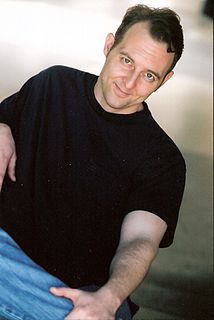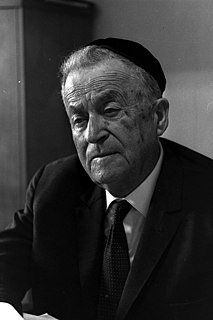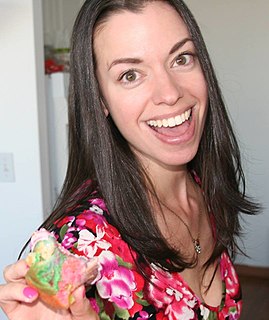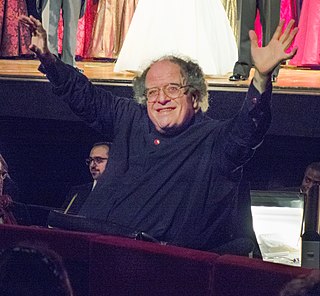A Quote by Carl Jung
Related Quotes
Sooner or later, fate puts us together with all the people, one by one, who show us what we could, and shouldn’t, let ourselves become. Sooner or later we meet the drunkard, the waster, the betrayer, the ruthless mind, and the hate-filled heart. But fate loads the dice, of course, because we usually find ourselves loving or pitying almost all of those people. And it’s impossible to despise someone you honestly pity, and to shun someone you truly love.
We have no proper understanding of the relationship between conscious thought and conscious sensation. The various forms of thought and sensation are underpinned by very different neural mechanisms; so how can the neural correlate of their conscious natures be the same? I don't think we are yet in a position to make such speculations. To make progress, we have to have a good conception of the phenomenology of consciousness, among other things.
Fate is a misplaced retreat. Many people rationalize an unexplained event as fate and shrug their shoulders when it occurs. But that is not what fate is. The world operates as a series of circles that are invisible, for they extend to the upper air. Fate is where these circles cut to earth. Since we cannot see them, do not know their content, and have no sense of their width, it is impossible to predict when these cuts will slice into our reality. When this happens, we call it fate. Fate is not a chance event but one that is inevitable, we are simply blind to its nature and time.


































